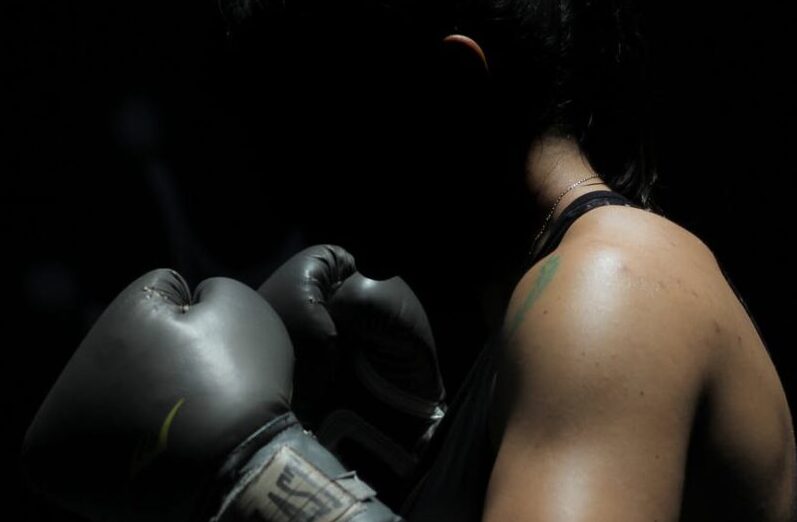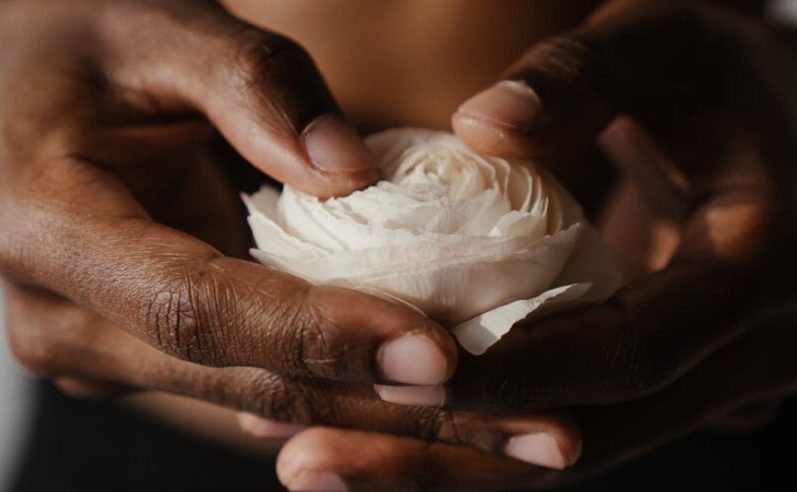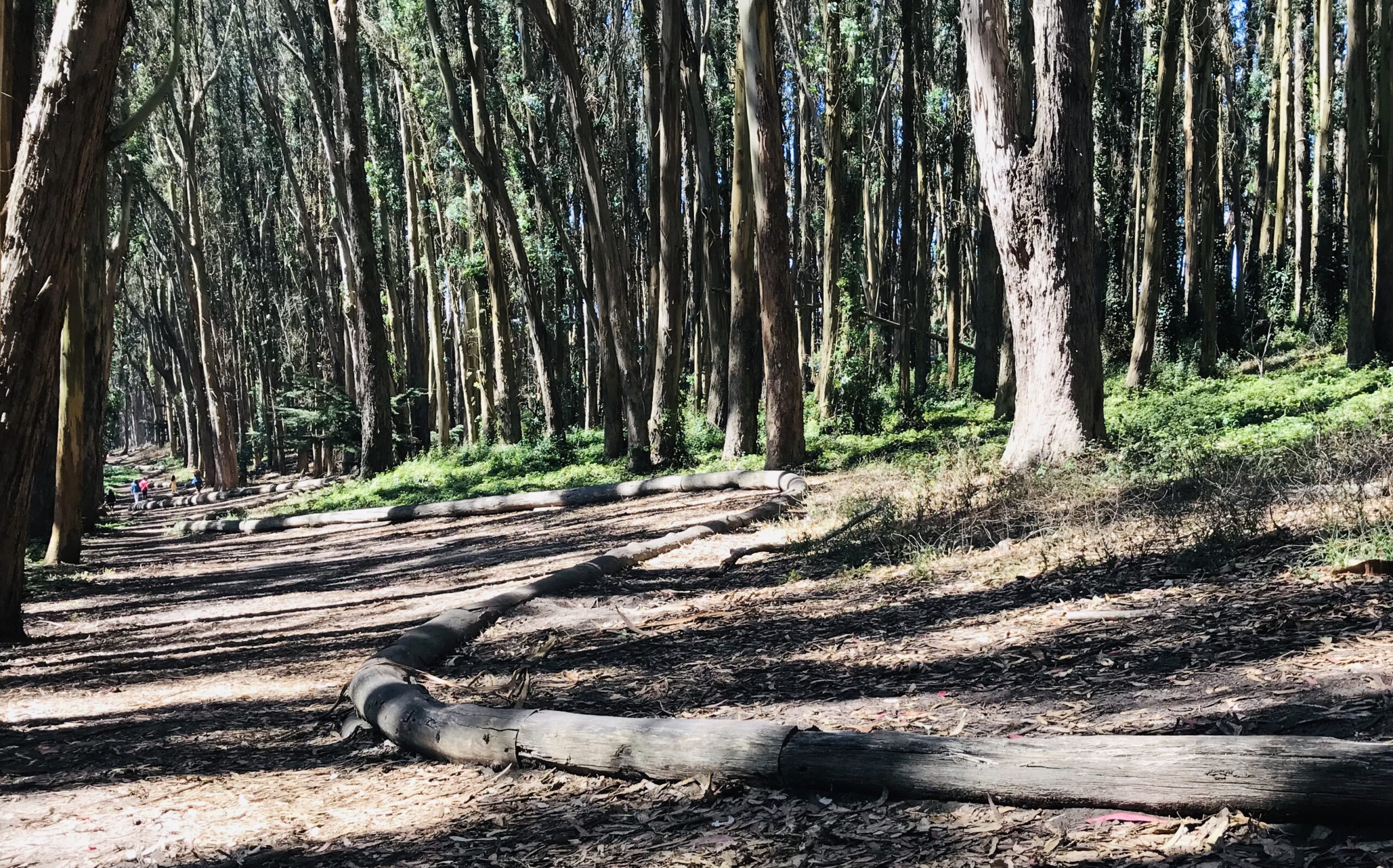The Facts of Life
That you were born
and you will die.
That you will sometimes love enough
and sometimes not.
That you will lie
if only to yourself.
That you will get tired.
That you will learn most from the situations
you did not choose.
That there will be some things that move you
more than you can say.
That you will live
that you must be loved.
That you will avoid questions most urgently in need of
your attention.
That you began as the fusion of a sperm and an egg
of two people who once were strangers
and may well still be.
That life isn’t fair.
That life is sometimes good
and sometimes better than good.
That life is often not so good.
That life is real
and if you can survive it, well,
survive it well
with love
and art
and meaning given
where meaning’s scarce.
That you will learn to live with regret.
That you will learn to live with respect.
That the structures that constrict you
may not be permanently constraining.
That you will probably be okay.
That you must accept change
before you die
but you will die anyway.
So you might as well live
and you might as well love.
You might as well love.
You might as well love.
From “Sorry For Your Troubles” by Pádraig Ó Tuama (Canterbury Press Norwich, 2013).
I chose this poem on Mother’s Day because, if I’m honest, with all that I have seen and experienced right up close to the action with my nose pressed against the glass, is that I still have no idea what it means to be a mother.
I only know what I’ve witnessed for 50 years as a son and 25 years as a husband. And that is that motherhood, at its very best, is a marathon of ambivalence. It is a forward march of sky-high expectations, too little recognition, the deepest possible feelings of embodied love and the desperate desire to simply be left alone.
The only reasonable synonym for “mother” is “fighter.” The get knocked down repeatedly and never refuse to quit kind, except in this fight there is no bell to mark the rounds and no time to sit and catch your breath.
Motherhood is resilience, through and through, at least that’s what I’ve seen. It is surviving with a smile, resentments and longings set aside, giving while finding, giving while discovering, giving while making, giving, giving, giving.
How, how do they make it look so easy?
Why, why do they love us so much?

Photo by Heloisa Freitas on Pexels.com





